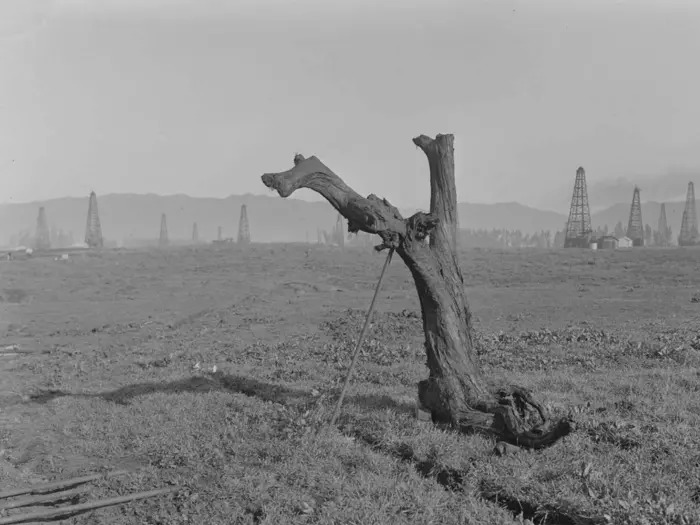China Postpones Shenzhou-20 Astronaut Return After Suspected Space Debris Impact
- MM24 News Desk
- 2 days ago
- 3 min read

China has delayed the return of three astronauts from the Tiangong space station following a suspected impact from small space debris. The Shenzhou-20 crew, originally scheduled to land on November 5, will remain in orbit while the China Manned Space Agency conducts a thorough impact analysis and risk assessment to ensure their safe return.
In a cautious move underscoring the growing threat of orbital debris, China has postponed the homecoming of its three-person Shenzhou-20 mission. The China Manned Space Agency (CMSA) announced the delay on Wednesday, stating the decision was made to ensure the absolute safety of the astronauts and the success of the mission. The incident occurred just days after the crew welcomed their replacements aboard the Tiangong space station, highlighting the persistent dangers faced by orbital outposts.
“To ensure the safety and health of the astronauts and the success of the mission, it has been decided that the Shenzhou-20 return mission, originally scheduled for November 5, will be postponed,” the agency stated. The three astronauts affected are mission commander Chen Dong, Wang Jie, and Chen Zhongrui, who have been in orbit since April. Their return vehicle, the Shenzhou-20 spacecraft, is one of two currently docked at the station and is believed to be the one affected by the suspected debris strike.
The delay demonstrates the serious operational risks posed by space debris, even from untrackable, small objects. Richard de Grijs, executive director of the International Space Science Institute-Beijing and a professor at Macquarie University, explained the context: “The Shenzhou-20 delay indicates that the Chinese mission operators consider even a suspected small-debris strike, which may not have caused visible damage yet, worth delaying for risk assessment.” He noted that such small debris strikes are common and essentially unavoidable, with many objects smaller than one centimetre but traveling at velocities high enough to cause significant damage.
According to de Grijs, this specific type of delay is relatively unusual. “What is more unusual is a delay triggered by a suspected debris impact in such a direct way, which raises additional safety and engineering questions [and] signals that they are treating [the matter] seriously and erring on the side of safety,” he said. The astronauts are expected to continue with their scheduled experiments and station maintenance duties while they await a new return window, though the extended stay can add psychological stress.
The incident puts a spotlight on China's robust safety protocols for its human spaceflight program. Last year, CMSA spokesman Lin Xiqiang had detailed the emergency measures in place. “In extreme circumstances, astronauts can return to Earth earlier than planned aboard an in-orbit spacecraft. [We can also] launch an emergency spacecraft on standby for rescue,” he stated. He confirmed that Long March carrier rockets and Shenzhou spacecraft are always on standby for such rapid-response rescue missions.
This proactive approach to crew safety reflects the program's maturation. Lin had previously highlighted that compared to the early stages of the space station’s operation, “the time available for emergency response by astronauts has increased fivefold.” While the immediate focus is on the safe return of the Shenzhou-20 crew, the event serves as a stark reminder to all spacefaring nations of the escalating challenge of orbital debris and the critical importance of stringent safety measures for the men and women living and working in space.
WATCH ALSO: https://www.modernmechanics24.com/post/us-supersonic-jet-cuts-flight-time-silences-sonic-boom


Comments